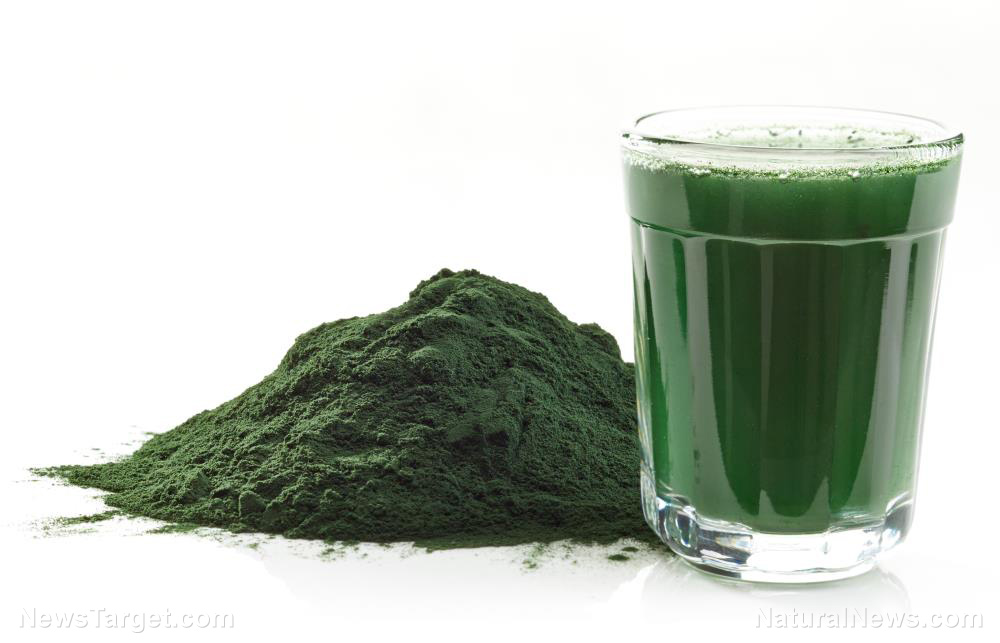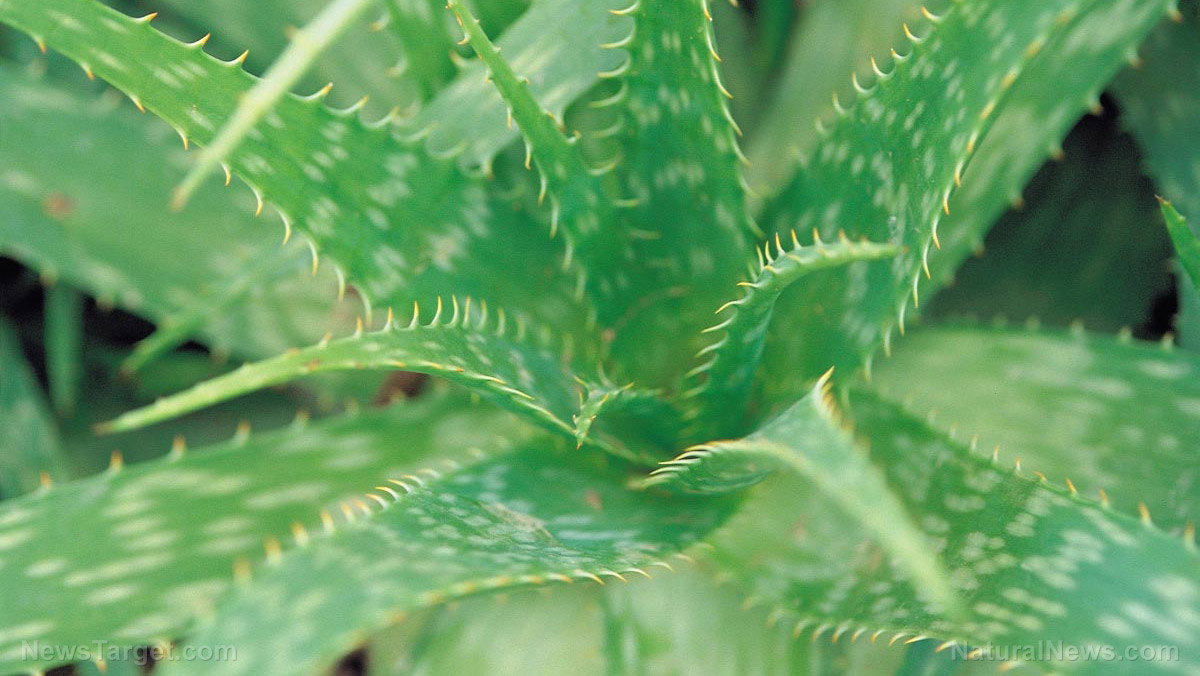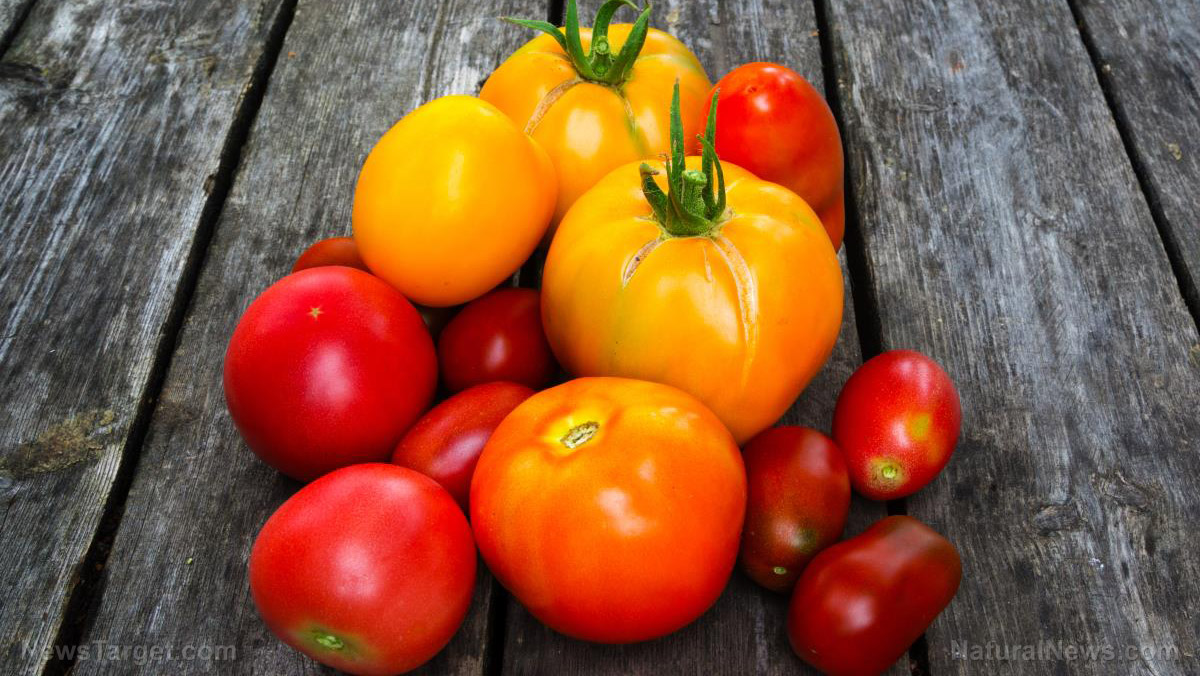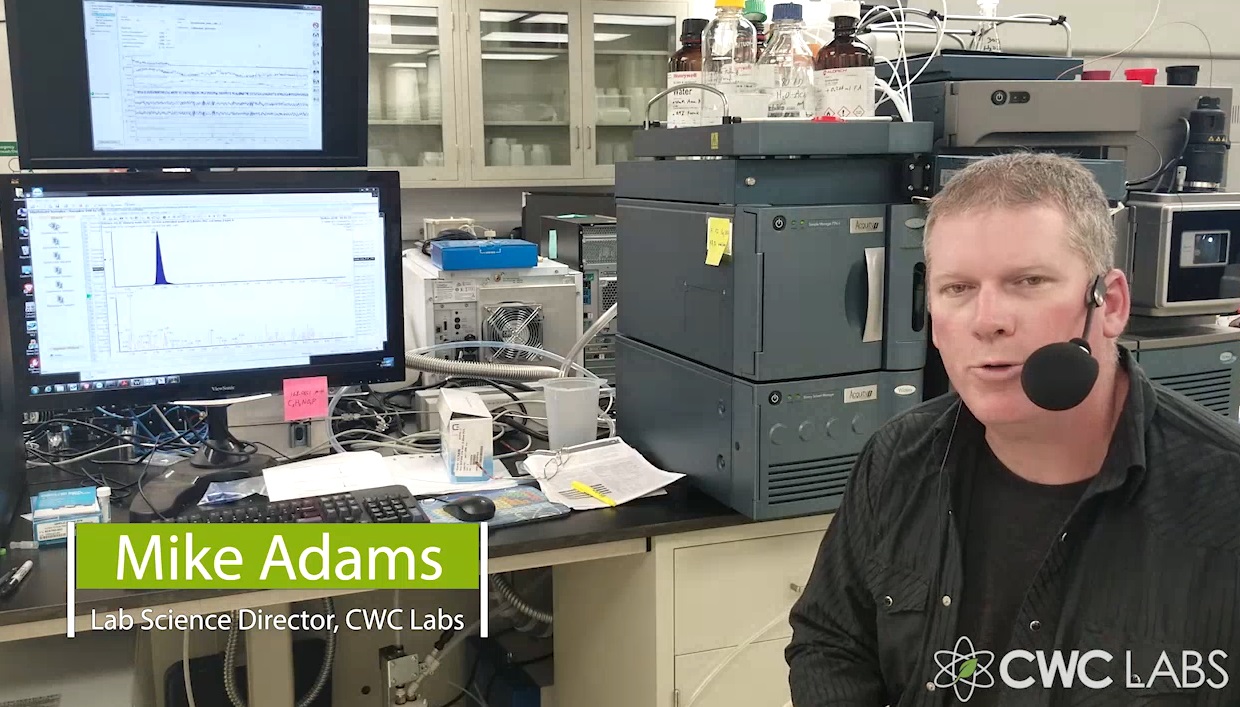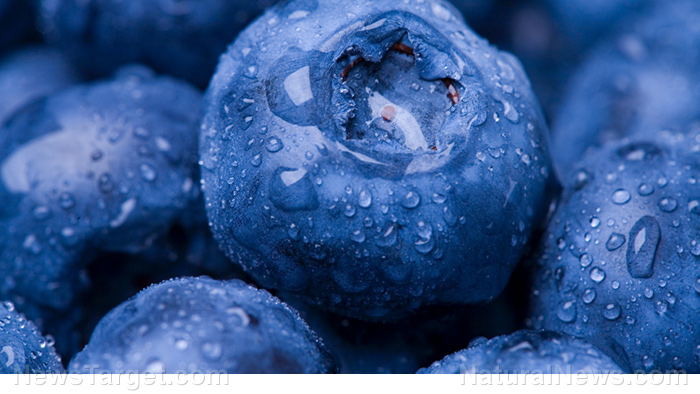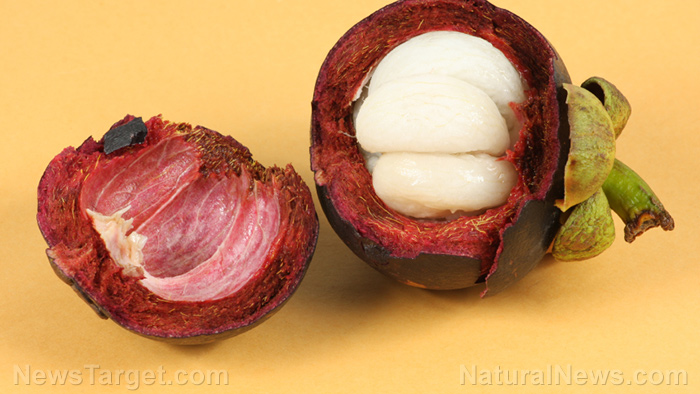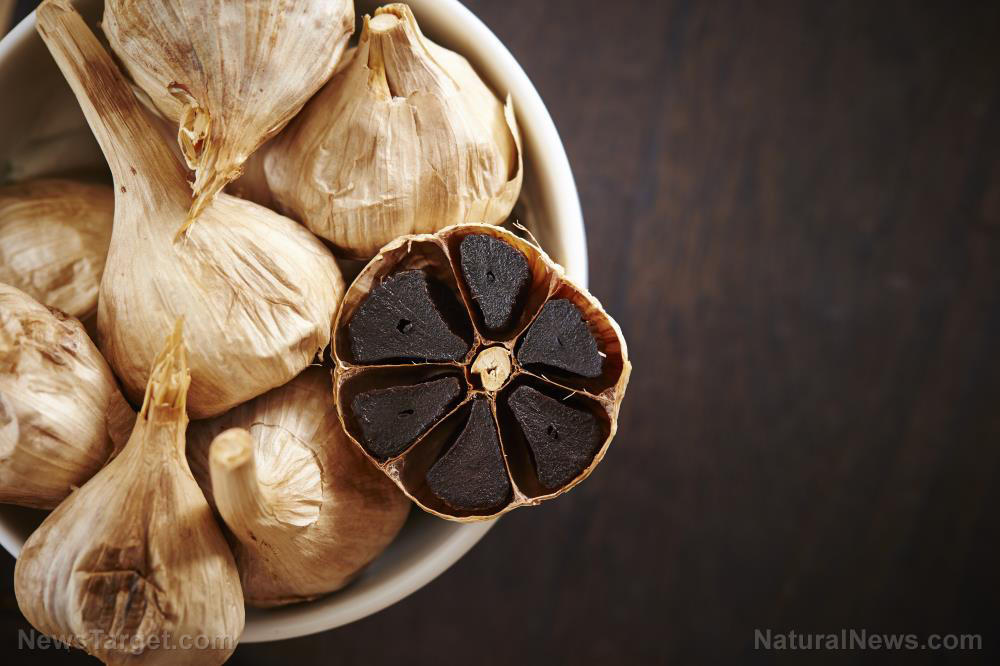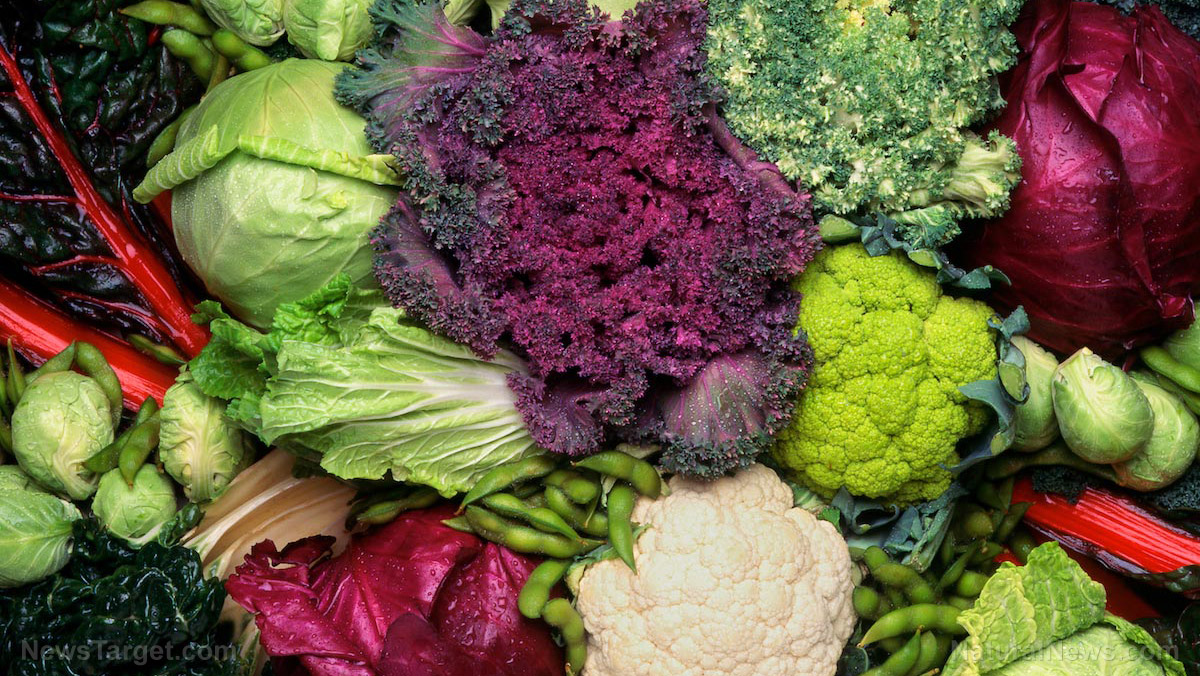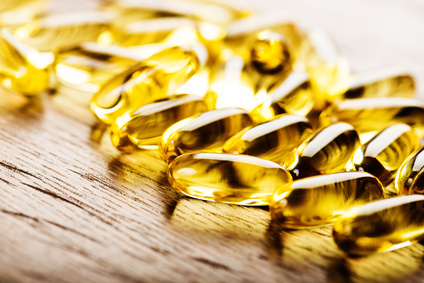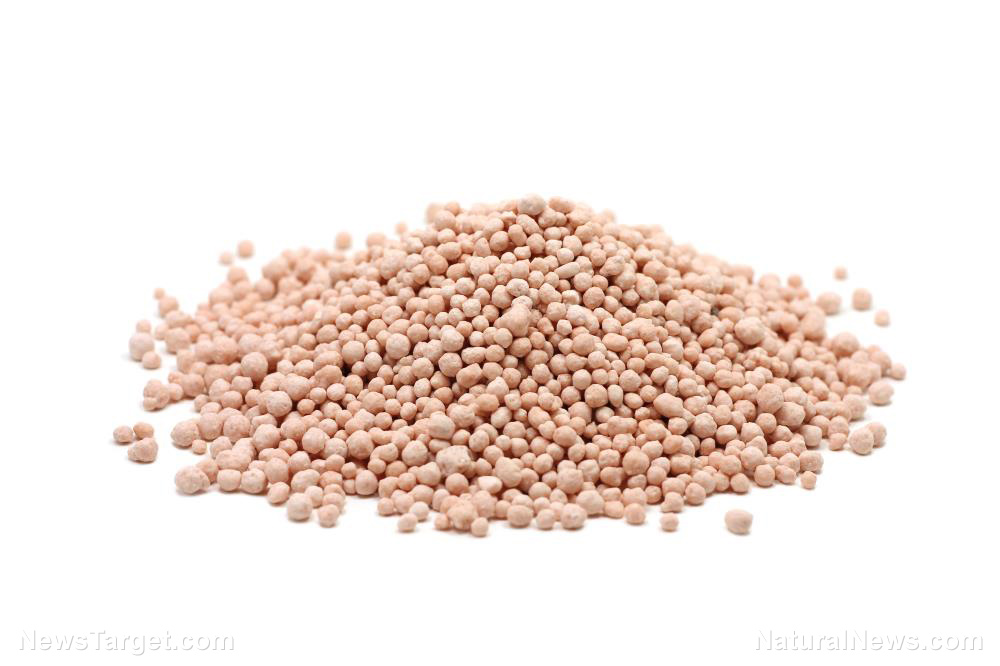Green tea for greener pastures: Plants treated with spent green tea extracts are less likely to develop disease
10/19/2018 / By RJ Jhonson

Green tea is good for the body in many ways. Apart from helping you relax, it also contains plenty of nutrients that can enhance your protection against diseases. A study published in the Archives of Phytopathology and Plant Protection says this protective effect extends to plants as well. In fact, the study suggests that a great way to reuse spent green tea leaves is to use its extract to protect plants from bacteria that cause soft rot.
Soft rot is one of the most common diseases to affect plants. In severe cases, it causes massive losses to farmers, as well as significant decreases in the quantity of produce that reach the market. Although the disease is common among food crops, it can also occur in ornamental and flowering plants.
Bacterial soft rot isn’t just one disease – rather, it is a group of diseases caused by several types of bacteria, with Pectobacterium being the most common pathogen. These bacteria can infect plants through natural openings, as well as injuries caused by contaminated tools and equipment, insects, and the weather, among others.
The disease affects only the succulent parts of plants, including the bulbs, tubers, fruits, and stems – woody parts are not affected. It occurs when the bacteria destroys the pectate molecules that bind plant cells to each other. As a result, the affected plant structure degrades and falls apart.
Soft rot can occur to plants that are in the field, as well as crops that have been harvested and are being stored. In the beginning, the infected parts of the plant begin to take on a moist, water-soaked appearance. The infected area becomes soft as interior tissues discolor and break down. The disease causes the plant to emit a bad odor. Seepage may also take place in the affected area.
The authors of the study tested the effects of spent green tea extracts on Pectobacterium and their ability to protect carrot plants from infection. Examination through gas chromatography and mass spectroscopy (GC-MS) analysis revealed the presence of caffeine in the spent green tea extracts.
Their analysis showed that when the minimum inhibitory concentration (MIC), the least amount of a substance needed to stop the growth of a microorganism, is administered, it takes 24 hours to kill Pectobacterium. This period goes down to just 18 hours when ten times the MIC is administered to the bacteria.
They also found that treatment with the tea extracts reduced the breakdown of the carrots’ pectate molecules. As a result, the treated carrots showed lower levels of maceration and electrolyte leakage. This means that the extracts prevented the carrots from softening because of the disease.
Furthermore, the treatment did nothing to reduce the treated vegetable’s nutritional content. The researchers observed that even after treatment, the carrots maintained their beta-carotene, phenolic acid, and antioxidant content.
Because of their findings, the researchers concluded that the spent green tea can protect carrots from soft rot caused by Pectobacterium. (Related: Plant disease in papayas can be stopped using plant essential oils.)
How to protect your plants from soft rot
It is important to remember that soft rot is contagious. Once a plant has shown signs of it, there is no cure. All you can do is to discard infected plants or plant parts. Do not bury or add them to your compost as they may infect the other plants in your farm or garden.
The best way to avoid soft rot is to limit your plants’ exposure to wet conditions. Make sure that your plants are watered just enough, never too much. Plants must also be spaced properly as crowding prevents both the plants and the soil from drying properly, increasing the risk of soft rot.
When weeding or harvesting, it’s important to take extra care not to wound plants. Harvesting also needs to be done in dry conditions to prevent the disease from developing while your crops are sitting in your storage.
For more information on treating plant diseases naturally, go to HomeGardeningNews.com.
Sources include:
Tagged Under: food supply, Green tea, harvest, homegardening, natural remedies, Pectobacterium, plant disease, plant rot, recycling, spent green tea

